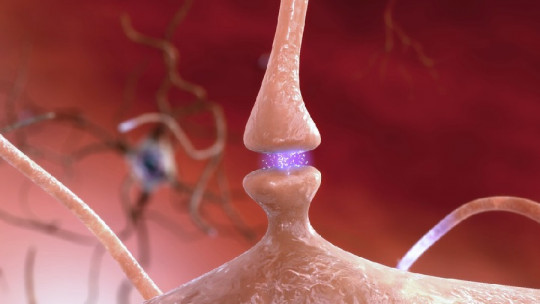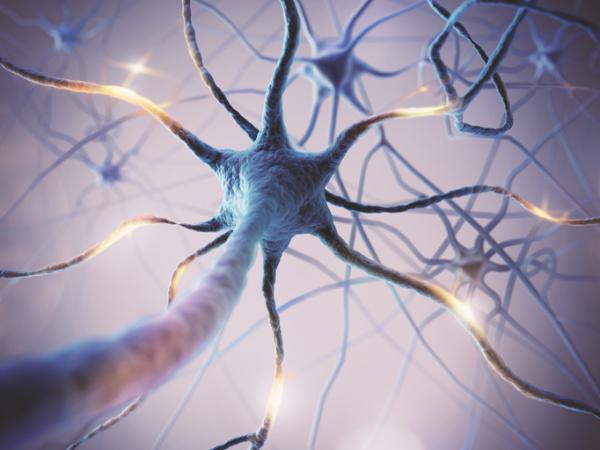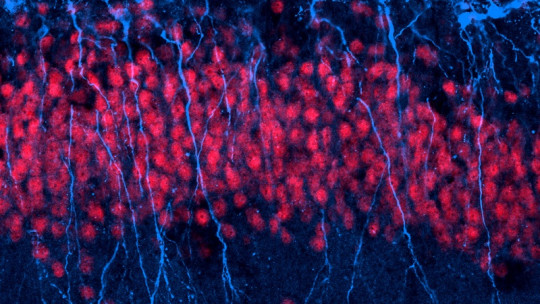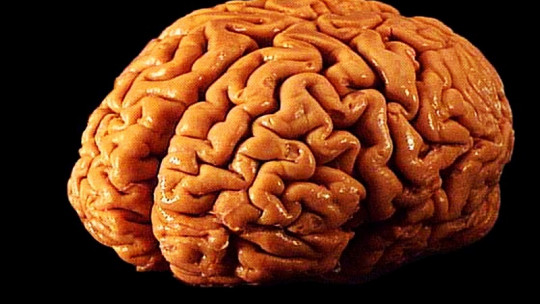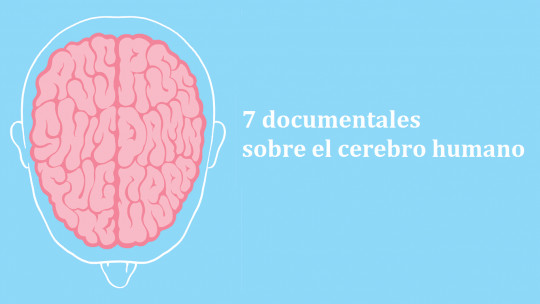Adolescence, that transition stage between childhood and adulthood full of physical, emotional, psychological, social and, ultimately, all kinds of changes. In general, this life stage is understood to be characterized mainly by the confusion that it entails and, in some cases, the inaccessibility to face all the new problems that changes bring with them.
Most of the time, when we think about adolescence, behavioral changes and the age of the turkey come to mind, but what neurobiological or brain explanations are hidden behind these? It is important to consider brain plasticity and hormonal interactions as clear protagonists in this stage of life, being the great generators of most of the changes mentioned previously.
In this article, we will review the neurobiology and functioning of the adolescent brain From changes in the prefrontal cortex to the influence of hormones, each aspect is woven into a unique tapestry, outlining the complexity of the adolescent experience.
General adolescent brain development
During adolescence, the brain undergoes an astonishing transformation that influences young people’s identity, behavior, and cognitive abilities. This process, known as neurodevelopment, is marked by significant structural and functional changes.
First of all, The prefrontal cortex, responsible for executive functions such as decision-making and planning, undergoes continuous development However, this progress can be uneven, with emotional maturation often lagging behind cognitive ability. This imbalance may explain some typical adolescent behaviors, such as impulsive risk-taking. Simultaneously, neural pathways involved in emotional regulation, such as the amygdala, also undergo changes. This development can intensify emotional responses, contributing to the intensity of adolescent emotions.
It is essential to understand that these changes do not occur uniformly in all individuals. Genetic and environmental influences, as well as social interactions, can modulate this process. In this sense, Adolescence is presented as a unique window of brain plasticity , where positive and stimulating experiences can have a lasting impact on the formation of the brain. This dynamic development not only shapes adolescents’ personality and perception of the world, but also lays the foundation for mental health and well-being in adulthood.
Change in cognitive functions
Adolescence is a key period in which cognitive functions undergo notable transformations. Brain plasticity during this stage influences memory, reasoning and other cognitive abilities, leading to a unique perception of the world.
Memory, for example, is affected by changes in synaptic connectivity. Adolescence witnesses improvements in working memory , the ability to retain and manipulate information in the mind in the short term. This development contributes to more complex learning, but can also result in moments of momentary forgetting as the brain adjusts its storage mechanisms. Abstract reasoning and decision making are other areas experiencing marked progress. The prefrontal cortex, the epicenter of these functions, develops in its ability to evaluate long-term consequences and make informed decisions. However, this process is not without challenges, and teens may face difficulty fully weighing options and controlling impulses.
It is crucial to highlight that These cognitive changes are not linear or homogeneous Individual variability in the speed of cognitive development is the norm, and external factors, such as the educational environment and social support, play a crucial role in optimizing these transformations. Understanding the dynamics of these cognitive functions in adolescence is essential to providing educational environments that foster healthy brain development and a successful transition to adulthood.
Influence of hormones
Hormones play a prominent role in the complex symphony of adolescent brain development. During this stage, significant hormonal changes, such as increased production of sex hormones affect the structure and function of the brain, shaping the identity and behavior of adolescents.
The interaction between sex hormones, such as estrogen and testosterone, and neurotransmitters modulates brain development. The amygdala, key in emotional response, exhibits greater sensitivity to these hormones, contributing to the intensification of emotional experiences during adolescence.
The hypothalamus and pituitary gland, master regulators of hormones, also undergo significant changes These hormonal changes not only influence emotional aspects, but also impact body perception, gender identity, and sexual awakening.
It is important to note that this hormonal period does not rigidly determine adolescent behavior, but it does create an environment conducive to exploration and learning. Furthermore, individual variability in hormonal sensitivity and the duration of these changes underscores the diversity of experiences during adolescence.
Conclusions
Beyond internal changes, the adolescent brain is shaped by crucial external influences. The environment, experiences and education play a determining role in shaping brain structure and the formation of neural connections. The unique brain plasticity of this stage means that social interactions, quality of education and emotional experiences have a profound impact This understanding highlights the importance of nurturing and supportive environments to maximize the potential of the adolescent brain and foster balanced development in all its dimensions.
In summary, the adolescent brain is a dynamic landscape where biological, cognitive and hormonal changes converge. Understanding these transformations essentially contributes to forging educational and support strategies. Recognizing the interaction between internal and external factors allows for a comprehensive approach, essential for cultivating not only sharp minds, but also emotional well-being. In this period of unique plasticity, society plays a crucial role in providing environments that nurture brain growth and promote a healthy transition to adulthood.
If you are interested in psychotherapeutic assistance for adolescents, contact our team. At Adhara Psychology we will be happy to help you through online or in-person sessions.


